Uncategorized
-
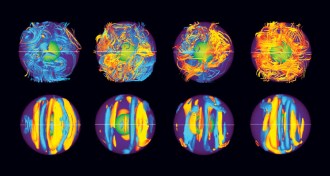 Earth
EarthThe magnetic mystery at the center of the Earth
The history of the planet’s all-important magnetic field has scientists ramping up simulations and lab experiments to resolve a baffling paradox.
-
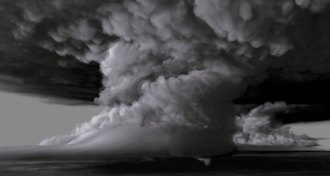 Climate
ClimateVirtual twister reveals possible source of tornado longevity
First computer simulation of a long-lived EF5 tornado may reveal why some twisters stick around.
-
 Astronomy
AstronomyFirst known exoplanets have few counterparts
The first known exoplanets were discovered around pulsars — probably one of the least likely places to have been found, astronomers now say.
-
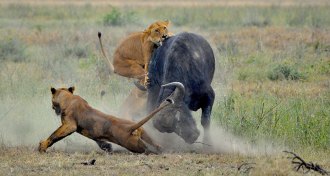 Animals
AnimalsSame math describes relationship between diverse predators and prey
From lions to plankton, predators have about the same relationship to the amount of prey, a big-scale ecology study predicts.
By Susan Milius -
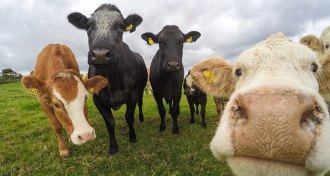 Health & Medicine
Health & MedicineHow farm life can prevent allergies
Farm dust prevents allergies by turning on an anti-inflammatory enzyme in the cells lining mice’s lungs.
By Meghan Rosen -
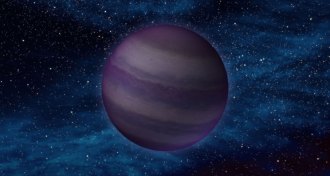 Astronomy
AstronomyTwo stars were once considered coldest known
Two stars once thought to be the coldest known are actually scorching compared with some truly frigid brown dwarfs.
-
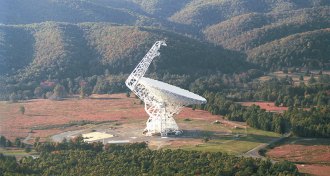 Astronomy
AstronomyGo to Green Bank to listen to the stars
Visitors to the Green Bank Telescope in West Virginia get a close-up with the world’s largest movable land object.
-
 Anthropology
AnthropologyAncient pottery maps route to South Pacific
New Guinea pottery points to a key meeting of island natives and seafarers at least 3,000 years ago.
By Bruce Bower -
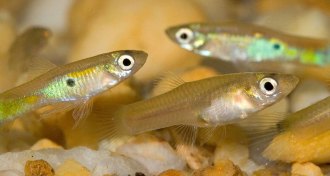 Life
LifeUnhelpful adaptations can speed up evolution
Unhelpful changes in gene activity stimulate natural selection.
-
 Health & Medicine
Health & MedicineMicrobes make the meal, new diet book proposes
Researcher Tim Spector skewers conventional thinking about weight loss in ‘The Diet Myth’
By Meghan Rosen -
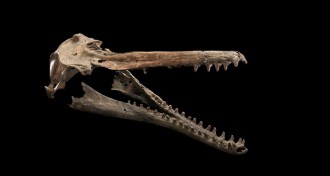 Paleontology
PaleontologyNew dolphin fossil makes a splash
A newly discovered dolphin fossil provides clues to the evolution of river dolphins in the Americas.
-
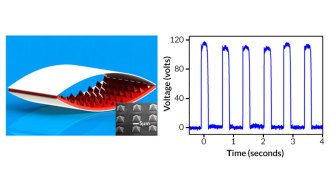 Materials Science
Materials ScienceNanogenerators harvest body’s energy to power devices
Nanogenerators offer body-harvested energy to fuel bionic future
By Beth Mole